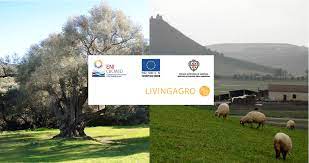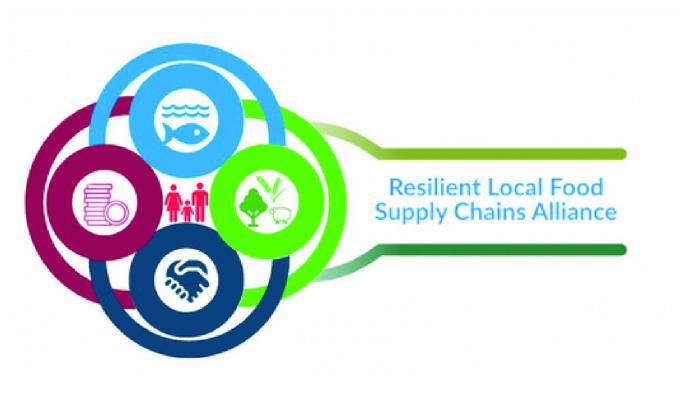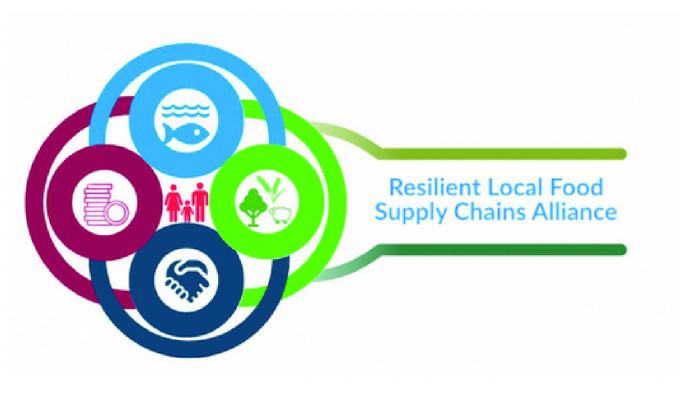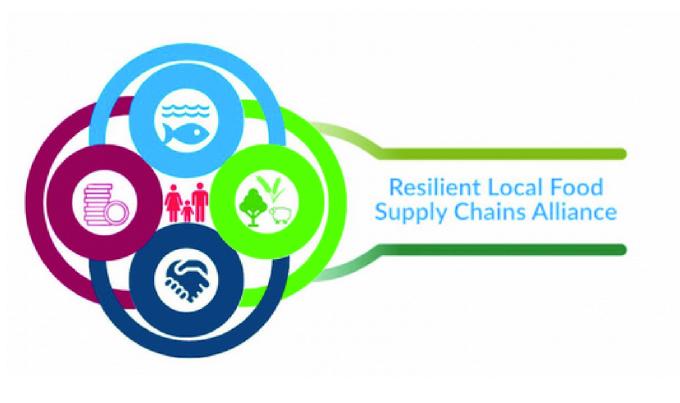Period
2023 - 2023
In Libya, migrant workers face precarious conditions, including underpayment and lack of legal protection especially in the agricultural context. Together with International experts, local authorities, academic institutions, and community representatives aim to revitalise agriculture by providing modern machinery and training. Operational tools include local field teams conducting surveys and awareness campaigns, and the provision of modern machinery through rental services managed by the Ministry of Agriculture. This approach targets both migrant and local workers, aiming to improve working conditions and increase productivity.
You must be registered to see all the content
Identification needs
The majority of Sahel migrants in Libya enter the labour market through employment in agriculture. The Sebha governorate is a common first arrival and transit point for thousands of migrants due to its location. Agricultural production in the area benefits from the large pool of migrant labour available on site, which traditionally makes up almost all agricultural labour. Agricultural employment is often unstable and seasonal. Official data, while not up-to-date, only offer a partial view of foreign workers in agriculture as they only cover those with formal employment. Based on this data, small and medium-sized farms typically employ 3-4 migrant workers on average, while large farms employ 6-7 migrant workers on average, resulting in a total of 10,000 workers in 2022. However, a significant number of irregular workers and workers without legal protection are not included in the statistics. Migrant workers, due to their vulnerable conditions (lack of protective tools, unsuitable housing, insecurity, etc.), are often underpaid and unskilled, and are mostly relegated to the most arduous and strenuous manual work.
Stakeholder change
The change process involves the following actors: Local authorities, (Sebha Municipality, Sebha Ministry of Agriculture Office) with the involvement of academic institutions (University of Sebha). - Representatives of local clans and ethnic groups through the establishment of a field team representing all major tribal and minority groups in Sebha, appropriately balanced in terms of age and gender, including youth and women, to ensure representativeness of the different demographic and social components of the town in a conflict-sensitive manner. – As part of the project, the local office of the Ministry of Agriculture, and in particular the committee made up of four officials in charge of the management of agricultural machinery, has acquired, through the rental services and training activities, a greater capacity to exert pressure and thus influence on agricultural entrepreneurs in order to create opportunities for decent work and prospects for the personal growth and social integration of workers (in most cases migrants), since the agricultural machinery provided by the project is built with components of high quality and reliability and maximum efficiency, and is equipped with the essential safety devices to protect the health and physical integrity of workers. On the other hand, the local team, made up of nine representatives of Sebha's tribal and minority groups, which are often in conflict with each other, is itself an instrument for increasing social cohesion. As the team is also responsible for carrying out the socio-economic surveys of agricultural labour and for specific awareness-raising initiatives on the issue of decent work in agriculture, the influence of its members, some of whom are already influential figures in the local community, on the changes initiated by the project is enhanced. Local agricultural entrepreneurs, estimated at 1939 according to official statistics, have an interest in increasing productivity and reducing production costs through the leasing of modern and efficient machinery, the use of which will at the same time improve the quality of work, the skills of the agricultural workforce and the safety of operators, thus laying the foundations for the creation of decent work opportunities and prospects for the personal development and social integration of workers. With more and better job opportunities in agriculture, migrants (about 10,000, according to the local Ministry of Agriculture) see their chances of integrating into the local economic and social fabric increasing, making them less interested in resorting to 'irregular migration to Europe'.
Change triggered
The impact sought by the EFEF project is to reduce the risks associated with irregular migration through the revitalisation of agriculture and the upgrading of the workforce employed in this sector. In this perspective, the revitalisation of farms, pursued through the provision of modern and efficient agricultural machinery and the transfer of skills, knowledge and professional abilities, aims to generate as a result the creation and/or improvement of decent work opportunities for the local population and in particular for migrants (target group of the initiative), while promoting a process of cohesion and social and economic integration of the various actors on the ground, with particular attention to the empowerment of young people (men and women), as the main agents of change and innovation. The promotion of social cohesion, and thus of inclusion and integration processes aimed at preventing and addressing conflict and social tensions, is an integral part of the project strategy. This strategy required the interaction of several actors in the implementation of the interventions, also for the purpose of better knowledge and deeper analysis of the context, and thus for the early identification of risk factors that could negatively affect the pursuit of the project outcome.
Short description
The process of change in the local society was stimulated by the following operational tools, which can be considered as best practices in this sense to achieve the desired change: (i) the establishment of a local working team, representative of all major tribal and minority groups in Sebha and appropriately balanced in terms of age group and gender, which was tasked with conducting surveys among migrant agricultural workers and implementing special awareness-raising initiatives on the issue of decent work in agriculture. (ii.) The supply of modern and efficient agricultural machinery to the local office of the Ministry of Agriculture for the purpose of initiating rental services and related training activities, which will allow rental to extend the benefits of mechanisation to the widest possible range of local entrepreneurs, offering them the opportunity to revitalise their production and create decent work opportunities for migrant workers and the local population, who lack substantial capital to purchase new machinery and equipment. (i.)_ Survey activities targeting agricultural workers, especially migrants seeking employment and/or already employed in the agricultural sector, conducted by the field team through individual interviews and focus group discussions, promoted interaction between the local and migrant populations, also with a view to improving the local population's knowledge and understanding of the needs, expectations and social conditions of migrant workers. An operational approach sensitive to the dynamics and fragile social equilibria that characterise the intervention area was adopted in conducting the interviews and focus group discussions. In this way, the survey activities enabled team members to gather data useful for identifying the socio-economic conditions and needs of migrants, as well as information useful for early identification of possible vulnerability and risk factors. As the team included prominent and influential members of the local community, conducting the interviews enabled them to become personally aware of the problems faced by migrants and thus to act as spokespersons and guarantors of their needs with representatives of local institutions and other prominent figures in their communities, in order to stimulate the desired change. The interviews also involved local young people as an integral part of the team, making them important agents of change for initiating processes of social cohesion among the various members of the community and between them and the migrant population, as a necessary condition for reducing the impact of tribal and social tensions, which are exacerbated by the political vacuum and economic competition, on illegal trafficking, including crime that profits from the trafficking of migrants. Finally, the results of the research made it possible to target awareness-raising initiatives at employers in order to promote inclusion, integration and decent work. (ii.)_ The storage of the machinery in the premises of the local office of the Ministry of Agriculture and the creation of a committee in charge of the management and rental of the same machinery, as well as training activities, have made it possible to extend the benefits of the project to a larger number of operators in the sector, making rental a more convenient and advantageous option for farmers who want to revive their agricultural business but do not have substantial capital, for those who have obsolete and unsafe equipment, or for those who have suffered production stoppages due to the loss, theft or damage of their machinery. In view of this, the rental would enable a greater number of local entrepreneurs to revive their production and create decent employment opportunities for migrants and local people who lack large amounts of capital to purchase new machinery and equipment. The machinery provided by the project will not only offer efficient performance and agronomic benefits to increase yields and limit production costs, but will also guarantee an improvement in working conditions by relieving farm workers of the most arduous tasks, thereby reducing fatigue and damage to the physical integrity of the operators.
















